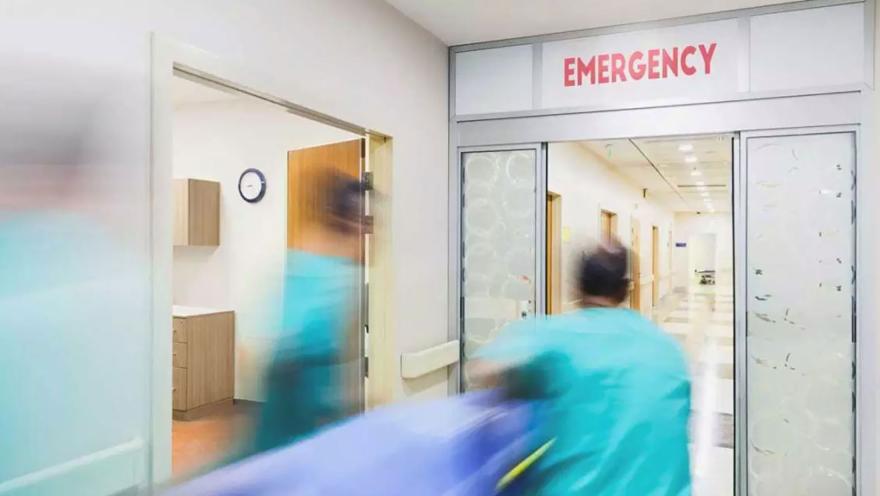As the COVID-19 pandemic spreads throughout the country, the Centers for Disease Control and Prevention recommends putting together plans for your household and community. The ALS Association has resources available to help our community put together plans tailored around the needs of people living with ALS.
When a person living with ALS requires urgent or ongoing treatment in a hospital setting, they face a unique set of challenges. To assist with making your needs and wants known, and to support health care providers in their roles, there are some tools available for people living with ALS.
Planning ahead is imperative for everyone, regardless of your current health status. There are things you can do now to prepare for an emergency later. The Medical Information Packet contains documents which outline your specific care needs, along with general information about the care of someone with ALS. Completing advance directives is also important to address prior to any emergency. Advance directives help you make your treatment decisions known, and guide treatment when a patient cannot give informed consent or refusal. For more information about completing advance directives, and a checklist of things to consider, read this article. Remember that it is not only the person living with ALS who needs advance directives; everyone should have their choices around medical care documented in case of an emergency.
When an emergency or trip to the hospital does occur, it is imperative that the person with ALS be able to communicate their disease state, key considerations for their care, and primary contact information.
Key Medical Information Cards
Key Medical Information Cards, which you can find here , have basic, quick access information along with a communication board and are small enough to keep in your wallet, purse or glove compartment. Having them in more than one place, and always with your caregiver, makes sure there is always one available when needed. The Key Medical Information App, available for Apple (see here ) and Android (see here), is another way to store important information to have easily accessible.
Contacting your local fire department and making them aware of your disease and your specific care needs (transfers, mobility, respiratory support, communication) and creating a “go bag” if you have to head out in an emergency are two other recommendations of ways to plan ahead. For other tips on planning for an emergency, click here. And don’t forget, caregivers can become sick and need emergency care as well. Planning for backup care, with well-defined instructions, is important.

In the coming weeks, The ALS Association will be providing additional tools and information for people living with ALS who face hospitalization. These will increase clear communication to first responders and hospital personnel about ALS, care choices, and care needs. In the meantime, reach out to us or your chapter care services teams if you need more information or to order any of the above materials.




Join the conversation. Please comment below.